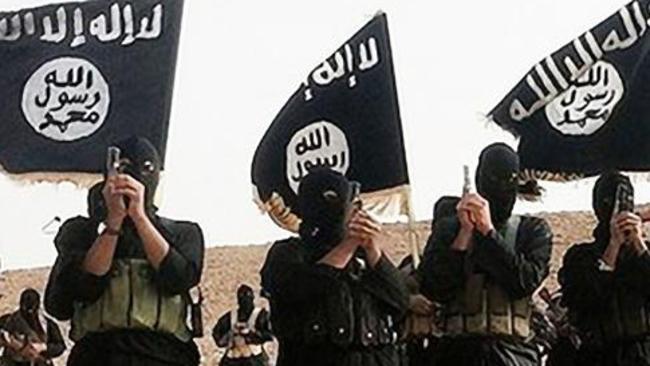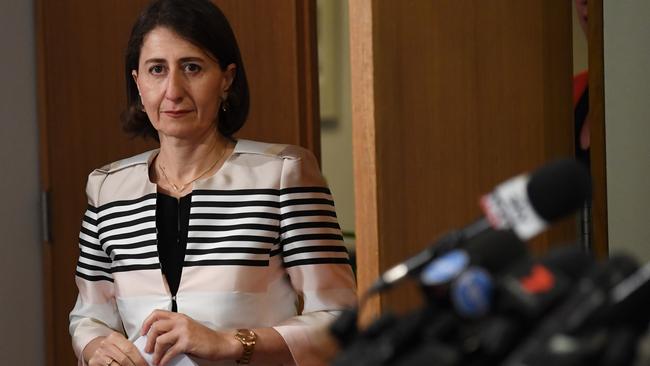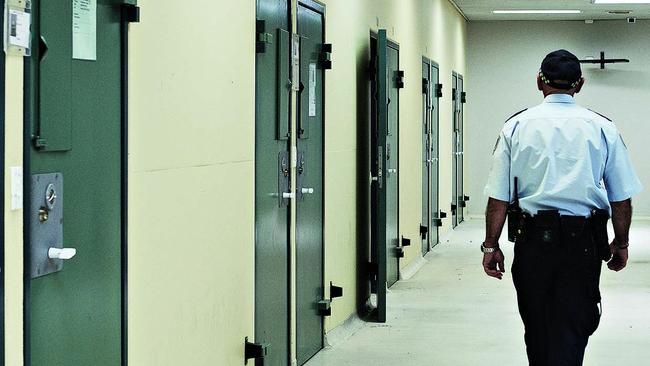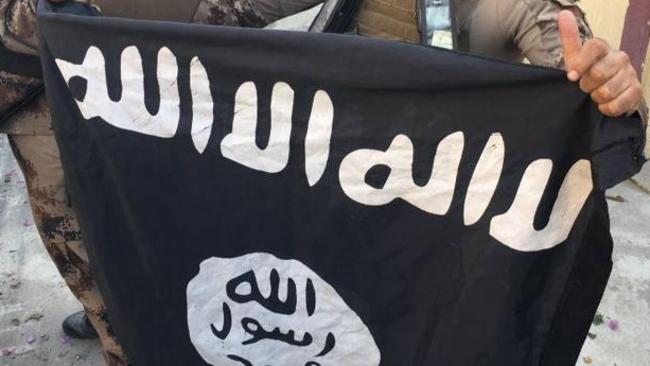Youths at risk of radicalisation to be monitored under $6m counter-terrorism package
YOUTHS at risk of radicalisation in the state’s juvenile justice system will be monitored, put on a national watchlist and taken to diversion programs under a $6 million counter-terrorism package.

NSW
Don't miss out on the headlines from NSW. Followed categories will be added to My News.
YOUTHS at risk of radicalisation in the state’s juvenile justice system will be monitored, put on a national watchlist and taken to diversion programs under a $6 million counter-terrorism package announced by the State Government today.
Premier Gladys Berejiklian said there were now five youths detained under terror-related offences in the juvenile centres, up from zero in 2015.
A specialist Countering Violent Extremism unit will be set up in the justice system, to ensure already radicalised youths don’t recruit new members.

Frontline staff will be trained in recognising signs of terrorism, intelligence gathering and troubled teens deemed to pose a terrorism risk will receive a “National Security Interest” designation.
“Once they are in these facilities, we want to make sure they don’t radicalise other young people,” Ms Berejiklian said.
MORE NEWS
‘ISIS-INSPIRED MURDER’ CAUGHT ON CAMERA
SCRIPTURE SCREENING TO WEED OUT RADICALS
“All of us in recent times have been shocked by the young age in which people are committing horrendous offences against innocent civilians in our community.
“We have seen in recent weeks and months teenagers commit horrific acts in society, we need to stop this.
“Once people are in these detention centres, juvenile or not, they need to be treated with the seriousness of their crimes.
“We have to act ... this is a growing problem, we need to do something about it.”

Counter Terrorism Minister David Elliott said an intervention program — similar to the model used for adult inmates to catch detainees at risk of radicalisation — will include case management addressing disengagement and isolate.
The juveniles who are already radicalised will face increased screening, restrictions on visitors, mail and telephone calls.
“They are getting radicalised very swiftly ... and they have been encouraged to have a perverse interpretation of their faith,” Mr Elliott said.
“It’s a harsh reality of the times in which we live that juveniles are ending up in our detention centres for terrorism related offences.

“It will be backed up by rules about what individuals these young people can visit, what access they can have to information and other measures.”
Asked if the government would consider applying to keep youths identified as extremist within the justice system, as is the case for adult extremists, Mr Elliott said: “We are at the moment are about everything. This is a brave new world. In three years we have gone from zero to five.”
Mr Elliott said deradicalisation programs do not work en masse but “we need to be prepared for all contingencies — as a government we are morally committed to ensuring the community is safe.”.
Ms Berejiklian said it was “very important for us to isolate those young people who we know have demonstrated links to terrorism to prevent them from radicalising other people in those detention centres”.



